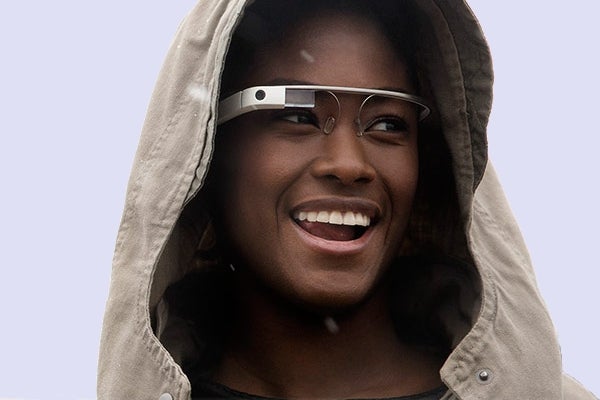Google CEO defends Google Glass and other “crazy” projects

Google CEO Larry Page has publicly defended the company’s so-called “crazy” projects like Google Glass and driverless cars, stating the company would continue to invest in such things.
The search engine giant has several project attributed to its Google X Lab, including the newly release Google Glass technology, self-driving cars and high-speed broadband that critics believe are a little wasteful of time and resources.
Page has said that despite the company making the majority of its profits from its advertising business, Google will still invest in “speculative project”, adding the search engine giant was only just beginning when it comes to more innovative pursuits.
“I get chills when I use a product that is the future, and that happens when I use Glass,” said Page. “Some day, we will all be amazed that computing involved fishing around in pockets and purses.”
Watch the best Google Glass videos
Giving no details about any other future products, Page said the company would reveal “the right information at the right time”, but hinted to the importance of wearable technology.
“Voice commands are going to be increasingly important, it’s just much less hassle to talk than type,” he said.
Google has already taken risks with the products it has on the market such as YouTube, Android and Chrome, which Page said were “big bets”.
“Take Gmail, when we released that, we were a search company. It was a leap for us to put out an e-mail product let alone one that gave users 100 times as much storage as anyone else. It was the same with Android, and that’s why we’re investing in what happens to be speculative projects to you today such as self-driving cars.”
“We found that with ambitious goals and a committed team you can make progress pretty quickly. The best people often want to work on the biggest bets and there’s not much competition, because no one else is crazy enough to try.”
Google Glass started shipping to developers and Glass Explorers this week and the augmented reality technology is tipped to hit the mass markets by the end of this year.
Via: PCPro

